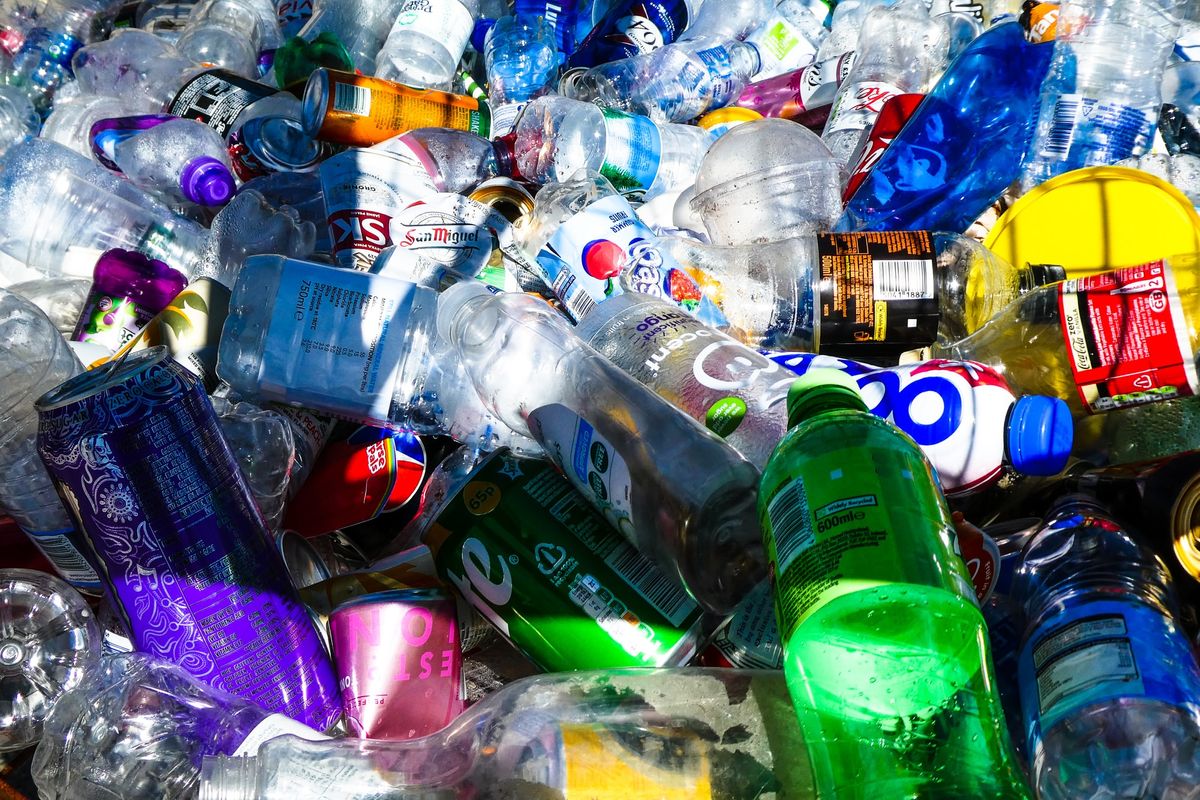Single-Use Plastics Targeted by Canada, California

Stir sticks, straws, plastic cutlery and plastic checkout bags are on the road to becoming mere memories. The Canadian government has announced that it will ban most single-use plastic products in December 2022 and a California legislative committee is considering similar action.
New York City and other local jurisdictions already have similar bans but there is no nationwide or statewide ban comparable to that Canada is adopting.
“We promised Canadians we would deliver a ban on single-use plastics. Today, that’s exactly what we’ve done,” said Hon. Steven Guilbeault, Minister of Environment and Climate Change.
“By the end of the year, you won’t be able to manufacture or import these harmful plastics. After that, businesses will begin offering the sustainable solutions Canadians want, whether that’s paper straws or reusable bags. With these new regulations, we’re taking a historic step forward in reducing plastic pollution, and keeping our communities and the places we love clean,” Guilbeault said.
The California bill applies only to online purchases but is seen as the forerunner of more far-reaching legislation.
“Especially with the growth of online shopping, we know consumers want alternative packaging that doesn’t pollute our environment, harm public health, or cost community resources cleaning up,” said CALPIRG State Director Jenn Engstrom at a recent committee hearing. “[This measure] is an important and urgent bill aimed at addressing this problematic waste stream.”
Scientists have found plastic fragments in hundreds of species, including 86% of all sea turtle species, 44% of all seabird species, and 43% of all marine mammal species. Ingesting these fragments is often fatal for these animals. A study also recently detected microplastics in human blood. The long-term effects on humans aren’t yet clear.
Plastics in human blood
In a paper published in Environment International, researchers found plastic in the blood of 17 of 22 of study participants, or about 77 percent.
“Our study is the first indication that we have polymer particles in our blood – it’s a breakthrough result,” says study author Dick Vethaak, an ecotoxicologist at Vrije Universiteit Amsterdam in the Netherlands, to the Guardian’s Damian Carrington. “But we have to extend the research and increase the sample sizes, the number of polymers assessed, etc.”
Polyethylene terephthalate (PET), commonly used in disposable water bottles, was the most widely encountered plastic polymer and found in about 50 percent of the donors. The second most common, polystyrene (PS), which is used for food packaging and polystyrene foam, was found in about 36 percent, per the study.
“It is certainly reasonable to be concerned,” Vethaak says to the Guardian. “The particles are there and are transported throughout the body.”
